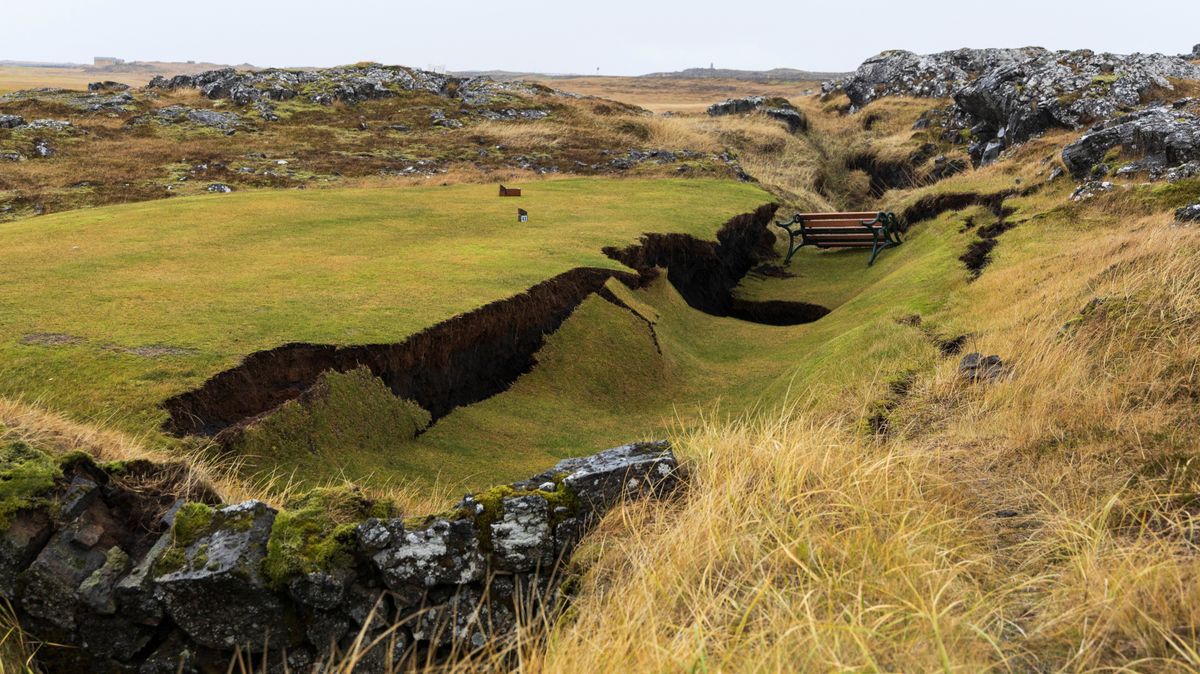12: All eyes are on Iceland as the island nation braces for a volcanic eruption on a 12-mile stretch of the Reykjanes Peninsula. The town of Grindavik, population 3,000, has been evacuated after hundreds of earthquakes rattled the country within 48 hours and amid fears that it could be completely obliterated.
7: Sen. Tim Scott on Sunday suspended his campaign for the presidency just four days after the latest presidential debate in Miami and amid reported fundraising woes. Scott's departure leaves 7 contenders vying for the Republican presidential nomination.
50,000: A Myanmar fighter jet crashed Saturday near the country’s border with Thailand during fighting between military forces and the Karenni Nationalities Defense Force, who claimed responsibility for downing the plane. The ruling junta, installed after a 2021 coup, says the jet crashed due to a technical problem. The military is battling rebels on numerous fronts, including in Shan State on the border with China, where 50,000 people have fled since an anti-junta offensive was launched last month by three ethnic minority insurgent groups.
200: Japan held a tsunami evacuation drill on Yonaguni, its westernmost island, which sits just 68 miles from Taiwan. In anticipation of that country’s presidential elections in January and amid fears of Chinese aggression, Tokyo twinned the exercise with a drill to help residents respond to any attempt by Beijing to take control of Taiwan. About 200 Yonaguni officials and members of Japan's Self-Defense Force took part in the exercise.
280: Under a new treaty called the Falepili Union, Australia will grant 280 visas per year to residents of the low-lying island nation of Tuvalu, which is at risk from rising seas thanks to the effects of climate change. It marks the first time Australia has offered residency to foreign nationals based on this threat. The treaty also commits Australia to defend Tuvalu from military aggression and obliges Tuvalu to forgo other defense pacts unless it obtains Australia’s prior approval.
1A: In collaboration with engineers at the French Centre Spatial Universitaire de Montpellier, the African Republic of Djibouti launched its first satellite this weekend from the Vandenberg Space Force Base. Djibouti 1A will collect national, real-time data from climatological and seismic stations, including temperature, rainfall, river depth, and hydrometry, to help boost agricultural production and monitor environmental changes.






